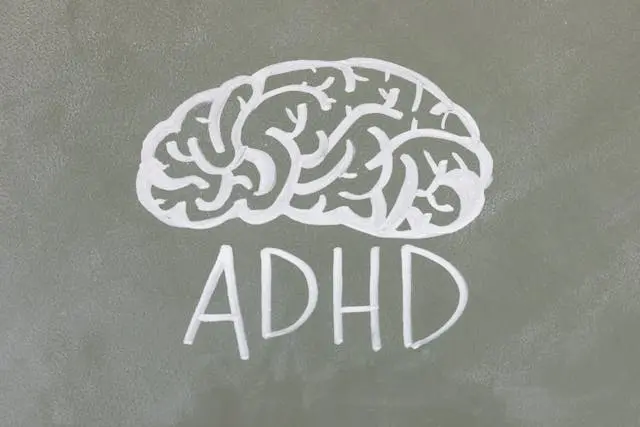
Attention Deficit Hyperactivity Disorder (ADHD) is more than just difficulty concentrating or being overly energetic—it's a complex neurodevelopmental disorder that involves specific areas of the brain, particularly the prefrontal cortex, and neurotransmitter systems like dopamine. To understand ADHD on a deeper level, let's explore the role of the brain’s prefrontal cortex and how dopamine deficits contribute to the symptoms of ADHD.
The prefrontal cortex is the part of the brain located at the front of the frontal lobes. It plays a critical role in what are known as "executive functions"—a set of cognitive processes that include planning, decision-making, impulse control, attention, and working memory. These functions are essential for managing time, paying attention, and regulating emotions—areas where individuals with ADHD often struggle.
In people with ADHD, the prefrontal cortex may not function as efficiently as it should. Studies have shown that this area of the brain is underactive, which can lead to difficulties in controlling impulses, maintaining focus, and organising thoughts and tasks.
Dopamine is a neurotransmitter, which means it helps transmit signals in the brain. It’s particularly important in the brain’s reward system, which regulates feelings of pleasure, motivation, and reinforcement of behaviour. In individuals with ADHD, there is often a deficit in dopamine levels or the way dopamine is processed in the brain.
This dopamine deficit means that tasks requiring prolonged mental effort or delayed gratification are particularly challenging for those with ADHD. The brain’s reward system doesn’t provide the same level of reinforcement for completing mundane or repetitive tasks, leading to difficulties with sustaining attention and motivation.
The lower activity of dopamine in the prefrontal cortex can explain many of the core symptoms of ADHD:
ADHD medications, such as stimulants like methylphenidate (Ritalin) or lisdexamfetamine (Elvanse), work by increasing the availability of dopamine in the brain. These medications help to enhance the function of the prefrontal cortex, improving focus, attention, and impulse control. By boosting dopamine levels, medication can make tasks that once seemed boring or difficult feel more manageable and rewarding.
ADHD is a complex disorder that involves more than just behavioural symptoms—it's rooted in the brain's biology, particularly in the functioning of the prefrontal cortex and the regulation of dopamine. By addressing these neurological factors through medication and therapy, individuals with ADHD can better manage their symptoms and improve their quality of life.

